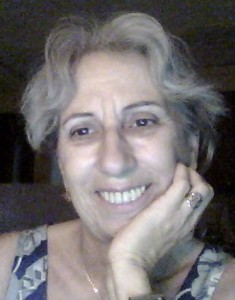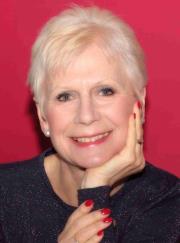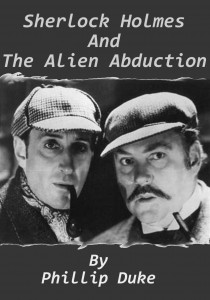[This is a golden oldie—it ran on Indies Unlimited back on October 9, 2011.]
Author Alex Canton-Dutari (Alejandro Cantón-Dutari) was born in the Republic of Panama in 1944, where he still resides. He holds a PhD in Clinical Psychology and worked in the field of clinical sexology from 1967 to 2006. Though retired from clinical practice, his grandson, Dieguito insists he is not retired because, “Abuelito, you write books.”
Alex is a widower with three boys and four grandchildren. He describes himself as a humanitarian by belief and actions, and stays interested in world affairs.
He is a prolific indie author who has published short novels, a textbook on sex therapy, two self-help books on sexual orientation and many scientific articles. He is not the kind of man who’ll be nervous or put off by the fact that this interview may be read by upwards of a dozen people. Continue reading “Meet the Author: Alex Canton – Dutari”






 Joely Shupe had a vision of what her thirties would look like: she’d be the mother of two, finger painting with her kids during the day and cooking dinner for her loving husband at night. Instead she’s a single mother struggling to provide for her young daughter.
Joely Shupe had a vision of what her thirties would look like: she’d be the mother of two, finger painting with her kids during the day and cooking dinner for her loving husband at night. Instead she’s a single mother struggling to provide for her young daughter.